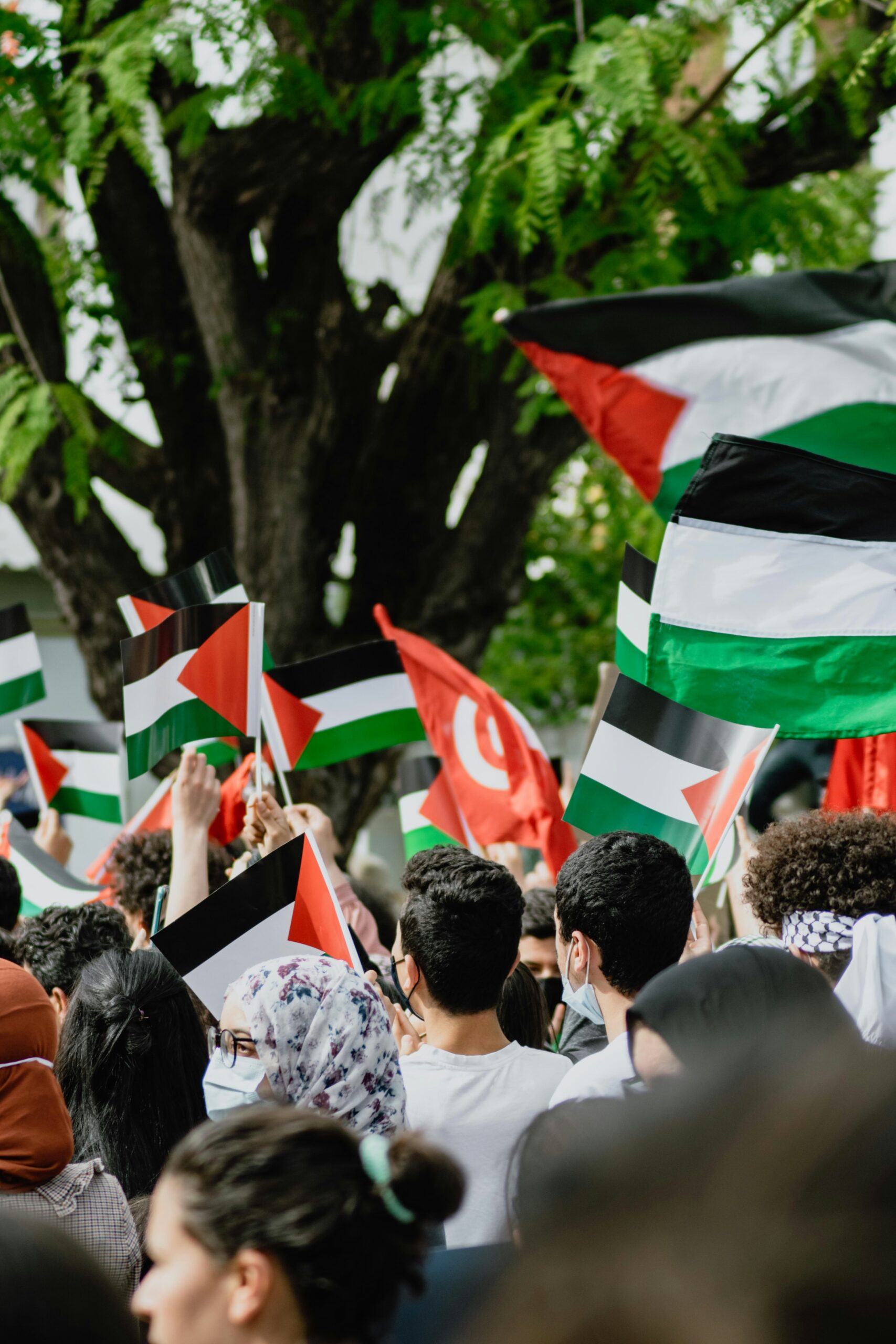
In a significant escalation of legal actions, the UK’s Metropolitan Police have announced that 60 individuals will be prosecuted for showing support to the now-banned activist group, Palestine Action. The group, recently classified as a terrorist organization, has been vocal against Israel’s actions in Gaza, drawing considerable attention and controversy.
Key Facts
- The latest round of prosecutions marks a significant increase in the government’s actions against the group’s supporters.
- Over 700 individuals have been detained in recent protests, with a record 522 arrested in a single event last weekend.
- The group was proscribed following their alleged involvement in a break-in at a UK air force base causing substantial damage.
Official Reactions
Authorities have been forthright about their stance on these prosecutions. “We have put arrangements in place that will enable us to investigate and prosecute significant numbers each week if necessary,” stated the Metropolitan Police. This comes after the initial set of charges earlier this month which were also under the Terrorism Act, with potential penalties including prison time.
Home Office Minister Yvette Cooper defended the decision, emphasizing that “UK national security and public safety must always be our top priority.” The group’s recent activities, including serious attacks and extensive criminal damage, have led to their classification as a terrorist organization.
Background and Context
Palestine Action has been a focal point of contentious debates due to its aggressive protests against the UK’s military support for Israel. The ban was instigated shortly after the group claimed responsibility for an air force base break-in, which resulted in millions in damages. Critics argue the government’s response might be an overreach that stifles free speech, with significant international entities like the United Nations and Amnesty International voicing concerns.
The UK’s Liberal Democrats and other critics have expressed deep concerns over the use of anti-terrorism powers against what many see as peaceful protesters. These legal actions are seen by some as a means to suppress dissent rather than genuinely address threats to national security.
What’s Next
The situation remains tense as more prosecutions are expected in the coming weeks. The Director of Public Prosecutions, Stephen Parkinson, has hinted at the ongoing severity of the government’s crackdown: “Many more can be expected in the next few weeks. People should be clear about the real-life consequences for anyone choosing to support Palestine Action.”
With the UK’s recent announcement to recognize the state of Palestine by September, unless Israel takes substantive steps to end the conflict in Gaza, the political landscape is set for further turmoil. This recognition is seen by many protesters as a delayed response to a longstanding crisis.
As the UK braces for more demonstrations, the global community watches closely, assessing the implications of these legal actions on freedom of speech and the right to protest.


